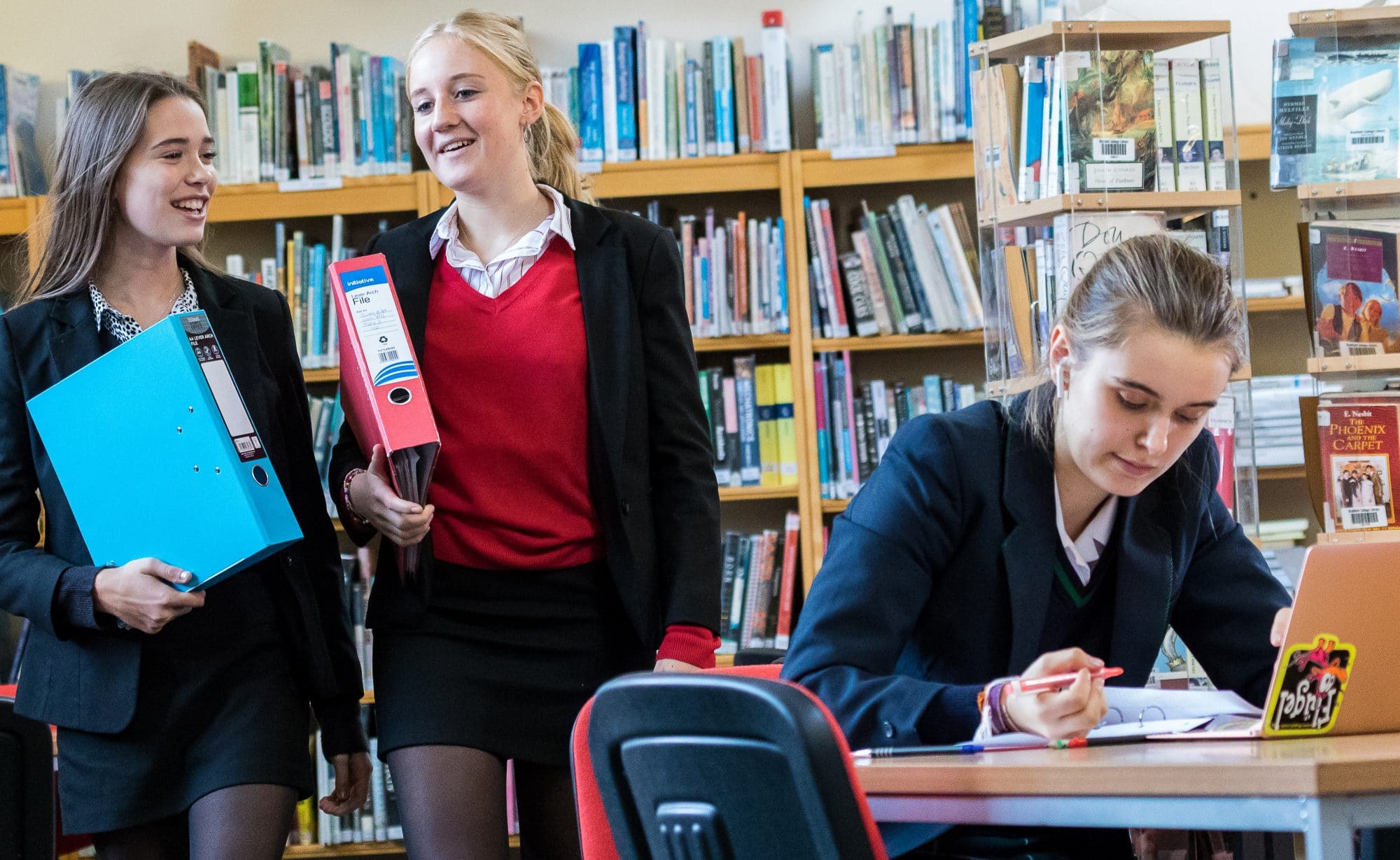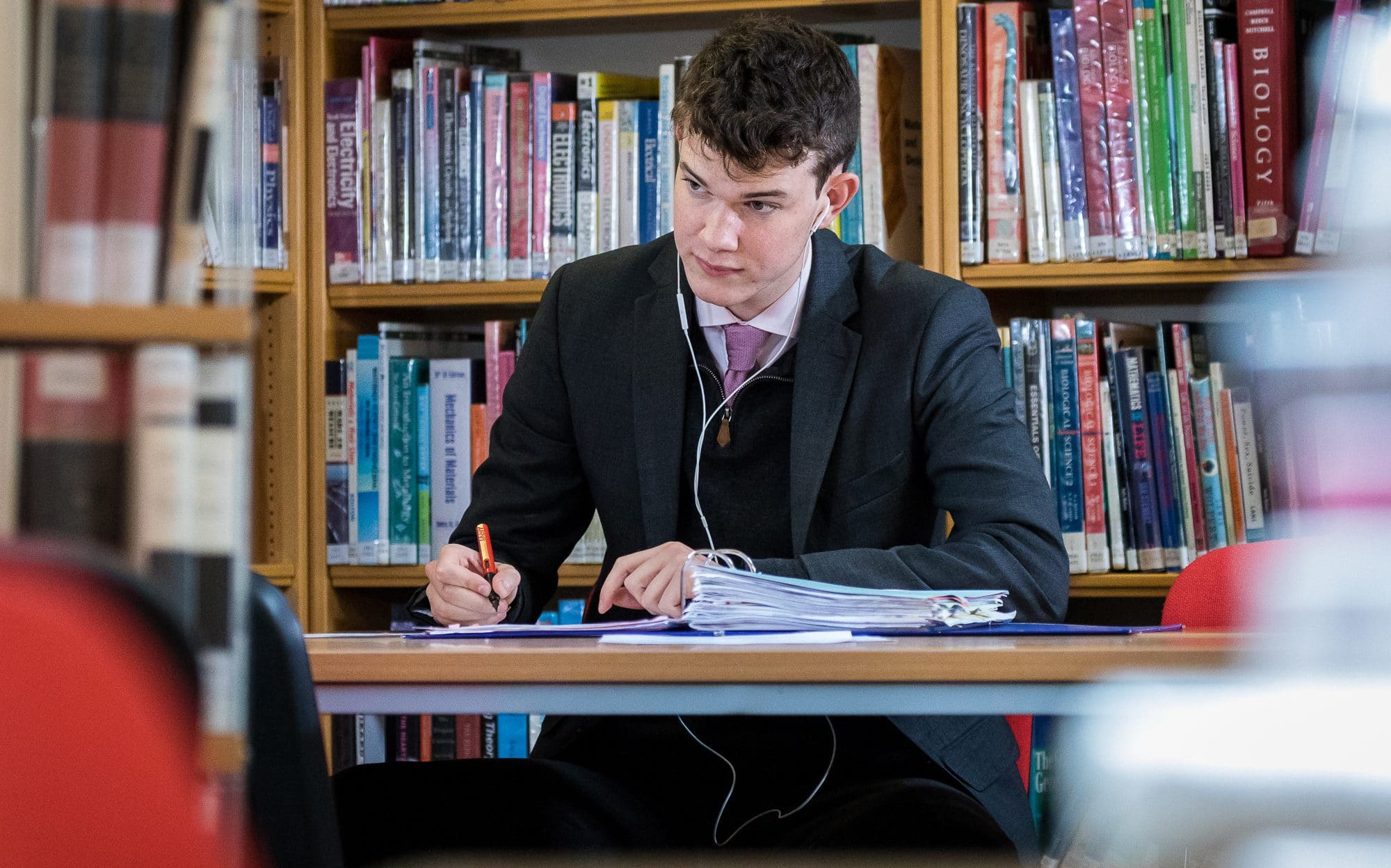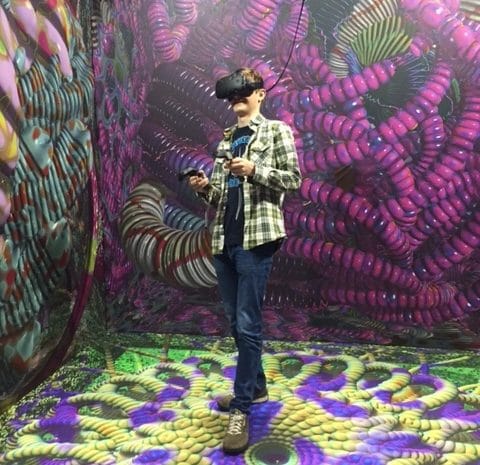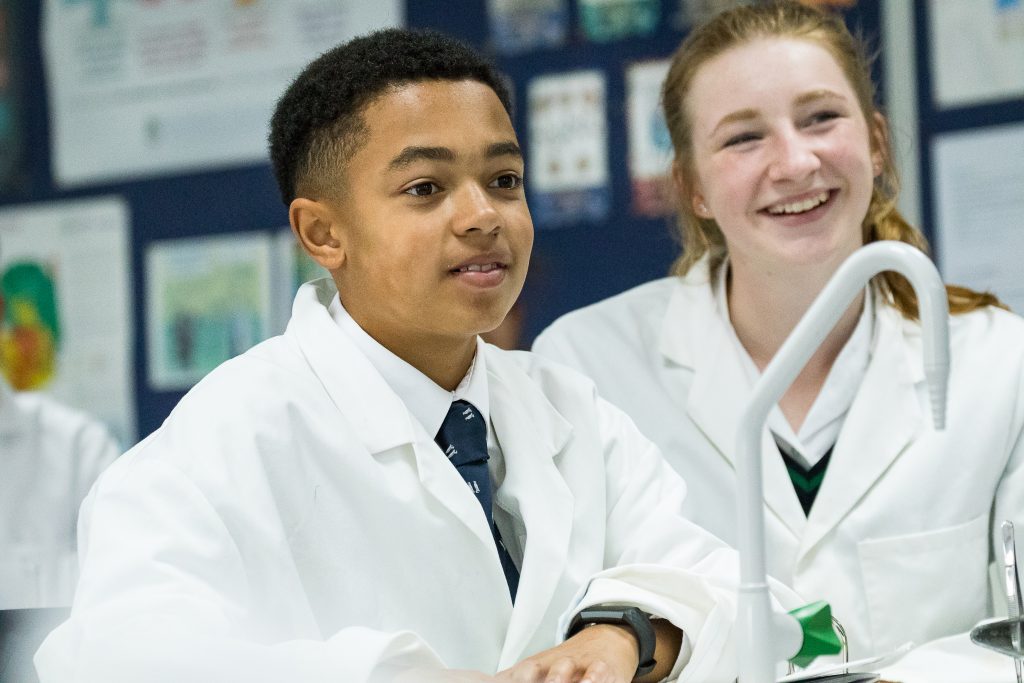
“Everything I need is available online”. I often hear this, not just from pupils but from parents as well. I challenge this assumption: anyone can put information online and pupils do not yet have the skills to discern the valuable from the worthless. Furthermore, the best quality academic resources are often locked away behind subscription paywalls or contained within books which the publisher has no desire to digitise.
Evidence suggests that pupils who are regular library users achieve higher grades.
Finding these resources is like mining for diamonds; it takes time to dig them up and requires a specialist set of skills which pupils do not learn elsewhere. This is where libraries really add value to providing an education for life.
To better equip pupils for the 21st century requires the development of an information literacy skillset that goes beyond the subject-oriented skills learnt in the classroom. We teach pupils how to find and use information across a breadth of resources, and to reflect on and evaluate those they discover and build on the knowledge they gain.
Fostering a learning culture
Developing a love of learning is central to our vision. The library is no longer simply a collection of books; rather, it is a dynamic flexible space, both physical and digital, which encourages, stimulates and enhances learning. It is a space for pupils, staff and the wider Bradfield community to enjoy reading for pleasure and intellectual discussion and debate.
It is also well used by subject teachers for wider reading and class research. Firefly, the College’s internal network, contains a wealth of curated resources for each subject as well as reading lists for university and recommendations for the reading component of the Bradfield Diploma.
A positive impact on learning and achievement
We have worked hard to ensure that our pupils have seamless access to the library’s catalogue of about 20,000 books and to our electronic library of online resources, some university level. We have developed a programme of information skills which starts in Year 9 and provide teaching support for the Extended Project Qualification and the IB Extended Essay.
We teach pupils how to find and use information across a breadth of resources, causing them to reflect on and evaluate those they discover and build on the knowledge they gain.
Pupils are also encouraged to request resources that they find themselves but are unable to access without a subscription. We borrow resources from both the British Library and the University of Reading to ensure that all research projects can be catered for. We are often credited for the help and support we provide to pupils over the course of their research projects and early evidence suggests that pupils who are regular library users achieve higher grades.
Collaboration is key
The specialist knowledge and skillset that we offer as professionals provides the perfect complement to teaching at Bradfield, but crucially it does not operate in a vacuum. As Head of Department I work extremely closely with teaching staff, the EPQ/EE co-ordinator, the IT department and the Academic Office to ensure that our vision dovetails with broader academic aims.

We also conduct a biennial pupil survey which helps to inform decision-making and ensure that we are meeting the needs of our key user base. Fortunately, the culture at Bradfield is such that it enables risk-taking, so we are no strangers to trying out new ideas. Look out for unusual competitions running on our Instagram account – we do love a cake!
Final thoughts
I am a firm believer that a school which fully grasps the concept of the modern-day library, locating it strategically and culturally at the centre of the school, will reap benefits not only in the development of strong digital literacy but also academic improvement across the board.



